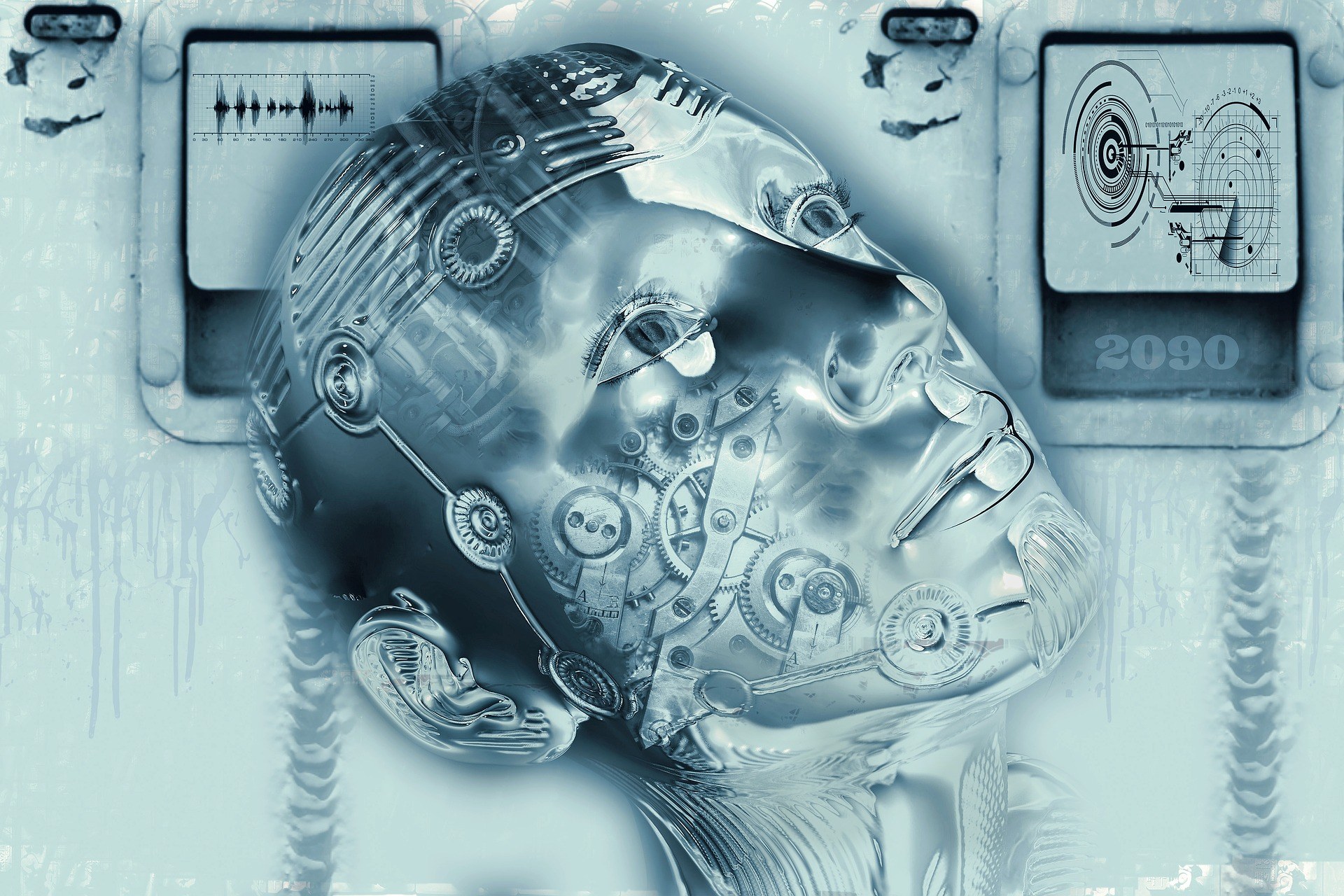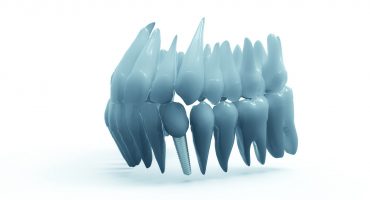Almost everyone knows the uncomfortable feeling when dental treatment is imminent. Dental treatment anxiety or phobia plagues about one third of the German population. And how would you feel if a robot takes over the next procedure instead of a dentist? In Xi'an, China, the dental surgery without a dentist was recently successfully tested for the first time. What that means for modern medicine and our future everyday life is shown in a small overview.
OP without a doctor - How does it work?
Robots and mechanically controlled instruments have been used for years in almost every field of surgery, for example for cardiological procedures and for hysterectomy. The mechanical helpers allow the controlling surgeon the highest precision and replace outdated hand tools. For the first time, researchers at the University of Fourth Military Medical University in Xi'an, China, have been able to carry out a dental surgery without human intervention. Doctors configured the device exactly to the subject prior to the procedure and were in the room during the subsequent implantation of two 3D-printed teeth only for control purposes. In China, this technology is intended to facilitate nationwide dental care, as there is a shortage of staff in this field throughout the country. Previous studies on surgery robotics show that humans and machines work similarly precisely - a robot also makes accidents due to human error impossible.
The doctor at the touch of a button - advantage or risk?
Thanks to advancing AI technology, robots will continue to take on more and more medical tasks in the future - especially in diagnostics, robots should make it easier for physicians to do their jobs. The biggest advantage of using machines instead of people is the time factor here, as in any industry. In regions with a high population density, robotic technology allows patients to be diagnosed and treated significantly faster. Specialists could perform specific tasks more efficiently while robots perform general medical tasks or perform operations. A clear disadvantage is the lack of personal contact - in addition to expertise, empathy and trust are part of a comprehensive medical treatment. At the moment, robotics is still lacking the necessary AI technology to carry out faultless diagnoses taking into account individual concerns and patient characteristics.
Human accompaniment in sensitive moments
In some medical areas, treatment without direct human contact is hardly conceivable. Imagine, as an expectant mother, you have no support from doctors and midwives. In addition, the mechanical acceptance of tasks always means the lack of responsibility. Responsibility for the accuracy of a diagnosis or treatment would be unclear to computer-controlled surgeons and physicians and, if in doubt, to the patient. Misjudgment of patients could easily lead to wrong treatment. Although the technique therefore has some advantages for complex procedures under anesthesia, the complete treatment of patients by computer-controlled physicians remains for the time being a technical and ethical impossibility - even in China.



